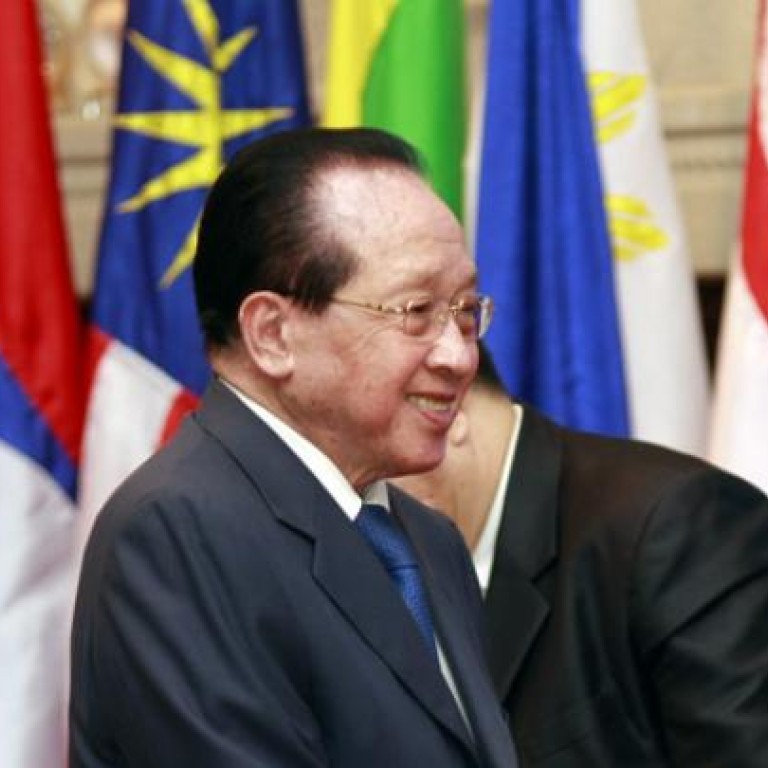
China does not want South China Sea dispute overshadowing summit
A regional summit opening in Cambodia this weekend should not be overshadowed by a dispute over the South China Sea as the situation is under control and countries involved can resolve differences themselves, a top Chinese diplomat said on Saturday.
China’s assertion of sovereignty over the stretch of water off its south coast and to the east of mainland Southeast Asia has set it directly against Vietnam and the Philippines, while Brunei, Taiwan and Malaysia also lay claim to parts, making it Asia’s biggest potential military trouble spot.
But Chinese Vice Foreign Minister Fu Ying said the dispute was well in hand, ahead of a meeting of regional leaders in Cambodia attended by Southeast Asian heads of states as well as China’s Premier Wen Jiabao and US President Barack Obama.
“As soon as this region is bought up everyone thinks it’s very dangerous, very turbulent, because of the South China Sea issue. In fact, over the past few years, China and the countries surrounding the South China Sea have successfully controlled the dispute and not let it intensify,” Fu told reporters.
Asia’s experience since the end of the cold war of avoiding large-scale conflict showed that the South China Sea issue was also manageable, she said.
“This region can control and deal with crises through talks and negotiations, leading to peace and stability in the region. Only with these conditions can there be economic development.”
China has resisted proposals for multilateral talks on the sea, preferring to try to negotiate disputes with each of the far less powerful individual claimants. It has also criticised Washington’s attempts to get involved.
The stakes have risen in the area as the US military shifts its attention and resources back to Asia, emboldening its long-time ally the Philippines and former foe Vietnam to take a tougher stance against Beijing.
Fu said over the past few years there had been a “phenomenon” of the South China Sea issue being “hyped up” whenever there was a regional or international meeting involving China and its neighbours in the 10-nation Association of Southeast Asian Nations (Asean).
“Shattering the peaceful atmosphere in this way gives people the wrong impression.”
Unprecedented arguments over the sea prevented an Asean summit in July from issuing a joint communique, the first time that had happened in the bloc’s 45-year history.
“The dispute’s resolution still has to come from talks with the countries directly involved. China and Asean are confident they can maintain peace and stability in the South China Sea, and we have already proved that we can do this,” Fu said.
“We also hope that countries from outside the region, in other words countries which are not China or Asean members, can have faith in us. If you want to help, then do it in a positive way, and not interfere or provoke.”
